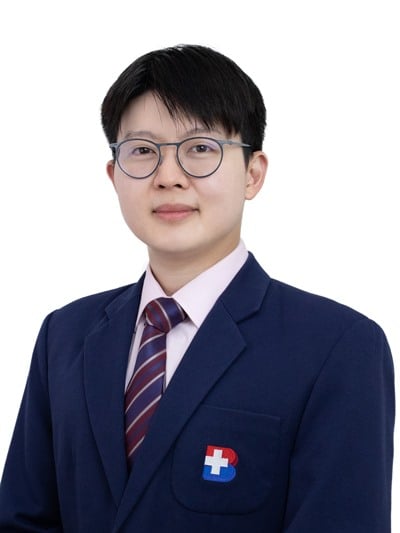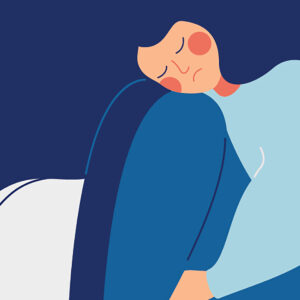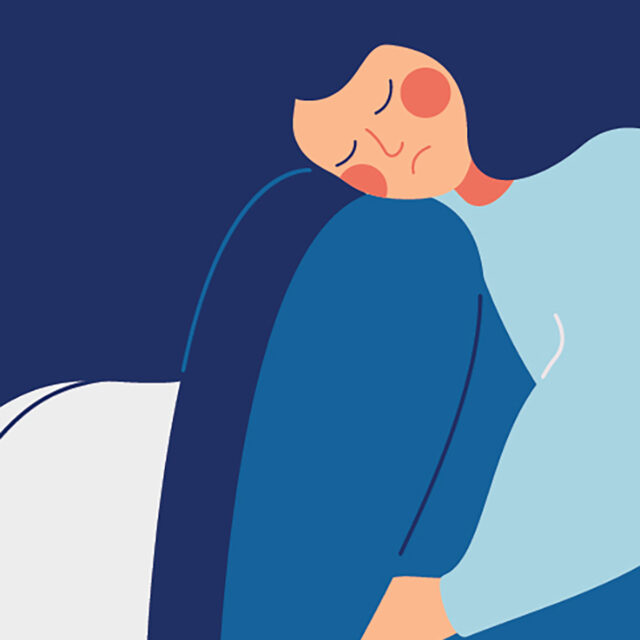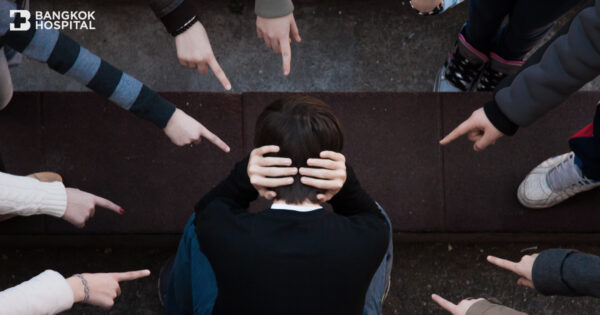Depression patients with incurable long-standing symptoms or not responsive to traditional treatment as well as intolerant to side effects of medication have a new alternative treatment to use Transcranial Magnetic Stimulation (TMS), magnetic fields to stimulate the brain.
Stimulate the Brain with TMS
TMS is a procedure that uses magnetic fields to stimulate the brain to improve symptoms of depression. It was first tested in humans in 1985 as an alternative treatment for depression. It was approved by USFDA since 2008 for Treatment – Resistant Depression and has been used internationally. It was also accepted as the treatment for Obsessive Compulsive Disorder (OCD) and helps patients with Smoking Cessation.
Treatment – Resistant Depression
Usually, traditional treatment for depression is antidepressant medicines. But only 1 in 3 patients is cured by the first antidepressant drugs. Although other patients require drug change and the addition of psychotherapy, they are considered to have Treatment – Resistant Depression and TMS will play an important role in their treatment.
Aside from being Treatment – Resistant Depression, patients may lose opportunities in their lives, such as new experiences, or building relationship with friends and family. They may not demonstrate their full potential. Then, their work or study may suffer. The longer the patients are left untreated, the more difficult it is for them to recover from the disease and add a layer of difficulty to their lives.
Mental Health Rehabilitation and Recovery Center at Bangkok Hospital, offers TMS to stimulate specific areas of the brain to reduce sadness, anxiety, increase motivation, reduce suicidal thoughts and help improve memory for our patients. Moreover, TMS has little side effects when compared to medication treatment. Therefore, patients can be cured without suffering from side effects.
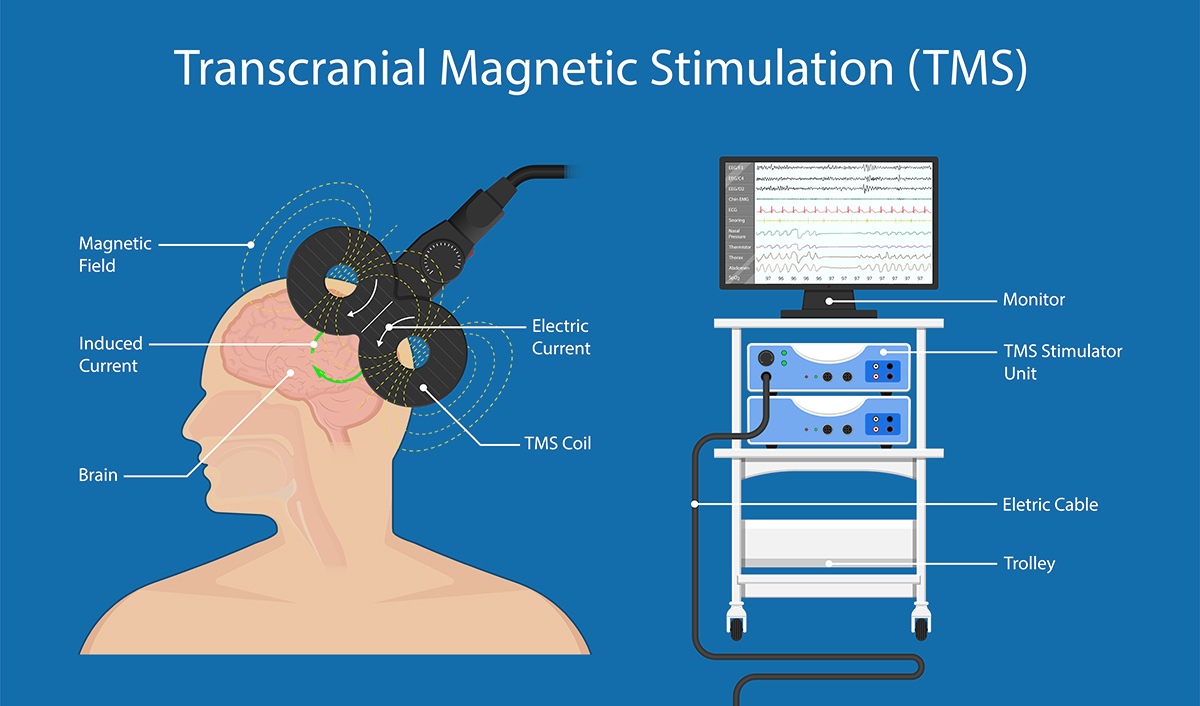
TMS Treatment
In each TMS session, patients will be treated for 30 minutes, 5 days a week for 4-6 weeks. Before the treatment, doctor will perform disease assessment, history of treatment, precaution or contraindications for treatment, search for region of the brain that needs stimulation, adjust the level of stimulation, as well as explain the procedures step by step and continually assess the results throughout the treatment.
Side Effects of TMS
TMS has little side effects, patients may experience mild headache or scalp irritation around the stimulated region. But the pain is tolerable for adults and can be relieved by pain medicine. The symptom will gradually reduce as the doctor monitors the symptoms and adjusts treatment to reduce the side effects while keeping the therapeutic effects. A serious side effect associated with TMS is a seizure which is very rare. However, before TMS treatment, doctor needs to assess the risk of seizure. If there’s a risk, it will be the contraindications for TMS treatment.
Many people think that TMS is the same as ETC or electric shock therapy. Although both use the same brain stimulation procedure, but TMS does not have side effect on memory loss. It rather improves memory, no anesthesia requirement and no need for hospital stays.

